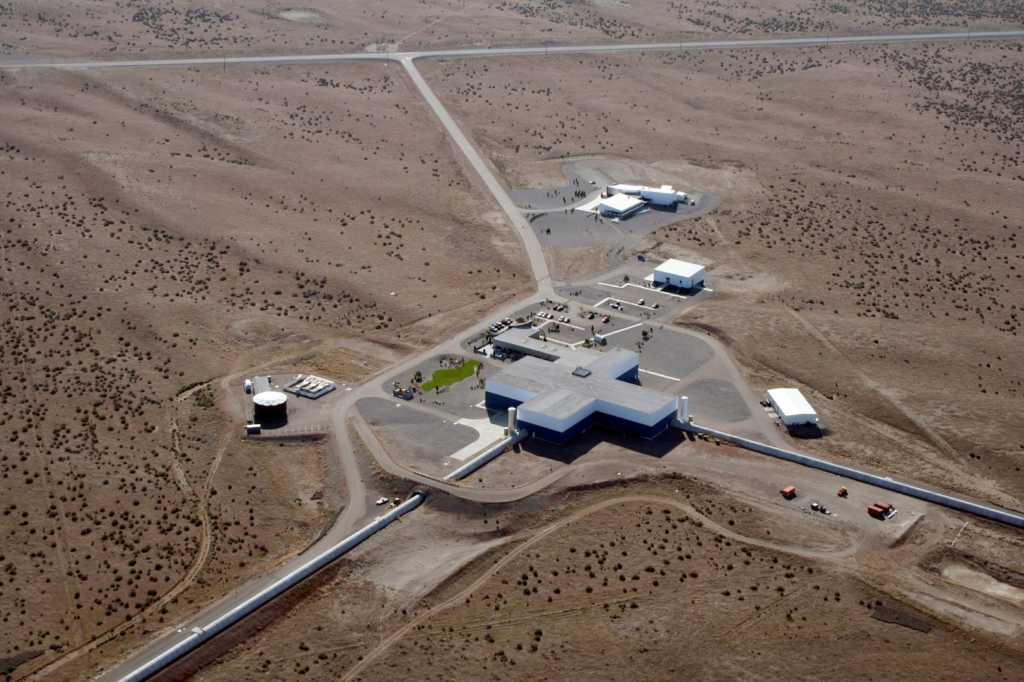Somak Raychaudhary, an astrophysicist and the director of the Inter-University Centre for Astronomy and Astrophysics (IUCAA), Pune, said that the location for the new LIGO detector has been finalized and the acquisition has started, which speaks volumes about the seriousness of the government regarding this project.
First, let us understand about LIGO and Gravitational waves in a nutshell.
LIGO stands for Laser Interferometer Gravitational-Wave Observatory. The purpose of the observatory is to detect cosmos gravitational waves. It exploits the physical properties of light and of space itself to detect and understand the origin of the gravitational waves. So LIGO can be simply considered as an observatory to detect the origin of the gravitational waves.
What is a gravitational wave?
Gravitational wave is an invisible ripple in the space. However, they are incredibly fast and travel at the speed of light. The peculiar thing about gravitational wave is if we they are detected successfully, they can help us know a lot about the universe, things as basic (and deep) as why does the universe even exist?
Let’s try to put things into perspective. Waves from big bang would tell us a little more about the formation of the universe. Waves also form when black holes collide, and supernovas explode. So, detecting these waves will give us a new insight into the cosmic events that produced them.
In nutshell, Gravitational waves can help us in understanding fundamental laws of the universe.
The LIGO detectors discovered the first gravitational waves produced by two giant merging black holes last year. The research won a Nobel Prize in Physics this year.
Coming back to the LIGO, it is LIGO India partnership funded by the Science and Technology Facilities Council (STFC) through its Newton-Bhabha project on LIGO
Now that LIGO observatory will be built in India, obviously we are going to need skilled engineers and scientists who can work upon such a high-tech project. Therefore, this venture will provide a great platform to the researchers and scientists, the same words were reiterated by Mr. Somak Raychaudhary.
“With the siting of the third Advanced LIGO detector in India there is an essential need for critically skilled students, postdocs and early career researchers to be trained at the highest level in gravitational wave astronomy, for construction of the infrastructure, technology and data pipelines,” Raychaudhury said.
He also said that, “We need hundreds of young people who will not only be involved in building the detector, but also running it after 2025.”
It is going to be a learning opportunity for Indian scientists, as they will be working in the UK institutes for the extended period time with onsite training. An agreement was officially sign at the British Council of offices in New Delhi between a consortium of universities in India, led by IUCAA and a consortium of UK universities, led by university of Glasgow.
